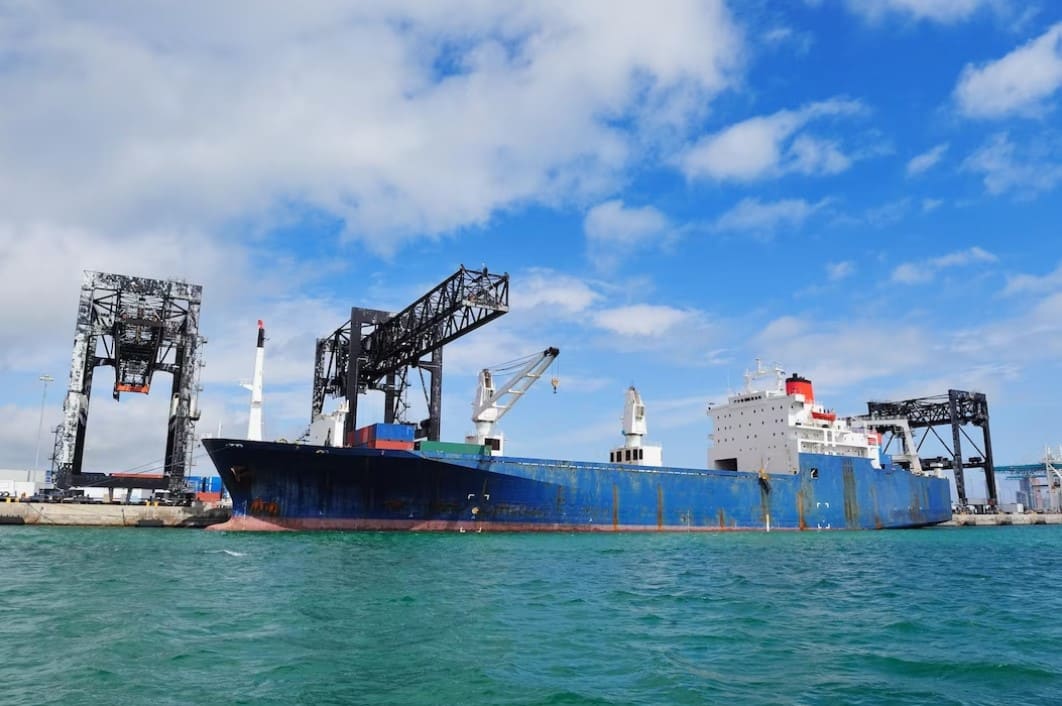
Charting Your Career at Sea: Deciphering the Merchant Mariner Credential
Introduction:
The maritime industry offers numerous exciting career opportunities for individuals passionate about the sea. One essential requirement for pursuing a career in this field is obtaining a Merchant Mariner Credential (MMC). In this article, we will delve into the significance of the MMC, its various types, and the process of obtaining it. Whether you aspire to be a deck officer, engineer, or pursue other maritime professions, understanding the MMC is vital to your success.
What is a Merchant Mariner Credential?
The Merchant Mariner Credential serves as a license and certification for individuals seeking employment aboard commercial vessels. It is issued by the United States Coast Guard (USCG) per guidelines of the International Convention on Standards of Training, Certification, and Watchkeeping for Seafarers (STCW) to United States seafarers to present evidence of a mariner’s qualifications. It demonstrates that the mariner possesses the necessary skills, knowledge, and qualifications to perform their duties safely and effectively.
Types of Merchant Mariner Credentials
a. Entry-Level Ratings: Entry-level ratings are the first step for individuals who are new to the maritime industry. These include the Ordinary Seaman, Wiper, and Steward’s Department positions. These ratings provide valuable hands-on experience and can pave the way for higher-level credentials.
b. Deck Department Credentials: For those interested in deck officer positions, there are various credentials available, such as Able Seaman, Third Mate, Second Mate, and ultimately, Master. These credentials require a combination of sea service, training courses, and passing relevant examinations.
c. Engine Department Credentials: Engine department positions focus on the operation and maintenance of the vessel’s machinery. Engine department credentials include Qualified Member of the Engine Department, Assistant Engineer, Chief Engineer, and other specialized roles. Similar to deck department credentials, these require sea service, training, and examinations.
d. Other Credentials: In addition to deck and engine department credentials, there are various specialized certifications available, such as the Tankerman, Pilot, and Diving certifications. These credentials cater to specific roles and responsibilities within the maritime industry.
Obtaining a Merchant Mariner Credential:
a. Eligibility: To be eligible for an MMC, individuals must meet specific requirements, including age, citizenship, physical fitness, and completion of required training courses. The USCG provides detailed guidelines and resources for applicants to ensure they meet all the necessary criteria.
b. Application Process: The application process involves submitting the required documentation, such as identification, medical certificates, proof of training, and sea service records. The USCG carefully reviews each application to verify the applicant’s qualifications and compliance with the relevant regulations.
c. Examinations: Depending on the type of Merchant Mariner Credential sought, applicants may need to pass written, oral, and practical examinations. These tests assess the applicant’s knowledge, skills, and understanding of the responsibilities associated with their desired position.
d. Sea Service: Accumulating sea service is integral to obtaining certain MMC. The USCG requires individuals to gain practical experience at sea, which is documented in sea service records and serves as a testament to the applicant’s hands-on training.
Benefits of a Merchant Mariner Credential
Obtaining an MMC opens up a world of opportunities in the maritime industry. Here are some of the benefits associated with holding an MMC:
a. Employment Opportunities: The MMC is required for most maritime industry positions. Holding a valid MMC significantly enhances one’s employability and career prospects.
b. International Recognition: The MMC is recognized internationally, allowing mariners to work on vessels operating in various parts of the world. This global recognition expands career options and increases the chances of securing employment abroad.
c. Career Advancement: With each higher-level Merchant Mariner Credential obtained, individuals can progress to more responsible and better-paying positions. Advancement opportunities exist within both the deck and engine departments and in specialized roles.
Conclusion
Merchant Mariner Credential is an indispensable qualification for anyone aspiring to build a successful career at sea. Whether you dream of navigating the oceans as a deck officer or maintaining the vessel’s engines as an engineer, understanding the different types of credentials and the process of obtaining them is crucial. By acquiring the necessary credentials and gaining relevant experience, you can unlock a world of opportunities and embark on an exciting maritime career.


